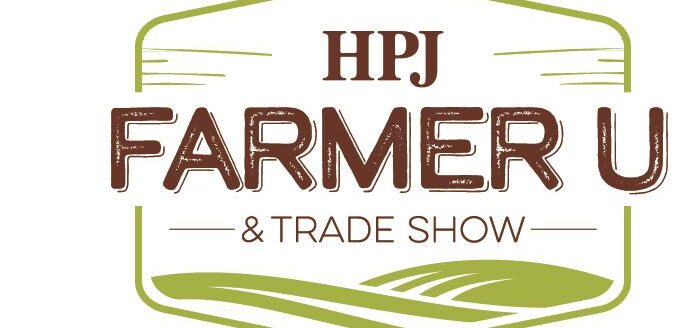After a mission trip to Africa in 2003, Monte Stewart and his wife, Shelly, decided they wanted to find a way to feed hungry people in impoverished countries. They began their non-profit organization, which is now Stamp Out Starvation, in 2007 and Monte worked part-time for the first five years. However, the program continued to grow and in 2010 he became the full-time director of the organization.
Headquartered in Cherokee, Oklahoma, SOS packages meals an average of three times a week. People helping package meals often include FFA chapters, churches and even employees of businesses looking for a service project. In 2017, SOS shipped 2,741,399 meals to hungry people.
“One person can package about 250 meals per hour,” he said. “So if you put in an hour, you can feed 250 kids. We have shipped to 14 countries, but the main one is Haiti. I go to Haiti three times a year and I get to see the fruits of our labor and really see how much good it’s doing down there.”
Stewart says the need in Haiti is so great compared to other countries. In fact, 2.5 million Haitians live in extreme poverty. When making a trip to Haiti, Stewart spends a lot of time at one particular school called Respire Haiti Christian School. SOS provides all the meals for the children that attend.
“There’s tons of unemployment in Haiti and lots of kids only go to school because it means a meal,” he said. “They’re lots of kids with red hair and big bellies from malnutrition and then I get the experience of going to that school and seeing those signs of hunger going away.”
Stewart says apart from helping people in impoverished countries, SOS also works with the Regional Food Bank in Oklahoma City, Oklahoma, and after the hurricane in Houston, Texas, last year, they sent 300,000 meals to aid with the disaster.
“But in Haiti, it’s a different kind of hunger,” Stewart explained. “There’s a lot of people in the U.S., if you tried to give them one of our meals, they wouldn’t take it. We’re picky, but in Haiti, they’re grateful to get it. In the U.S., we can be hungry, but not truly starving. People actually die from starvation in Haiti.”
Wheat takes a bite out of hunger
According to SOS, although agriculture is an important sector of Haiti’s economy, the country fails to produce enough food and imports more than 50 percent for its population’s needs. The grain they eat the most is rice, but SOS has introduced them to wheat and the Haitians have not looked back.
Originally, meals were a rice-soy casserole packaged individually by weight. Stewart had always thought there had to be a means to utilize whole wheat with SOS and now he has finally figured out a way. In 2017, SOS started working with another non-profit called Elevating Christian Ministries, to send Oklahoma wheat by ship to Haiti.
SOS and ECM work together to send large quantities of wheat to Haiti, but they also build large ovens for the Haitians and teach them the proper methods of storage, grinding and baking. Wheat gives the Haitians a little more variety in their meals because they can use it to make whole-wheat muffins or a cracked wheat meal with added potatoes, onions and sauce. According to SOS, one bushel of wheat will make about 900 whole-wheat muffins.
“There’s so many farmers, if we just got 5 or 10 bushels from each one it would make a big difference,” Stewart explained.
Stewart says he was surprised to learn during his most recent visit that officials had replaced about half of the usual SOS rice meals with the wheat meals. It is much cheaper to send wheat than rice so it is a win-win since the Haitians like wheat meals better and SOS can send more meals for less money.
“Our cost for the consumable part of our meals is only 10 cents, but figuring in the cost for the building and other expenses it comes out to roughly 20 cents a meal and that’s pretty cheap to feed a kid,” he said.
In the first year, SOS has only sent about 1,000 bushels of wheat to Haiti but Stewart expects the program to grow tremendously in the coming years, especially if wheat harvests are more plentiful. SOS tries to make it as easy as possible for farmers to donate grain. In the local area, they can just call their cooperative and ask for so many bushels to be transferred and the cooperative will do all the work. But wheat is not the only way to help out the SOS cause.
“We have needs for donations of time, money and wheat but we can also use other commodities,” Stewart said. “I had a guy stop me one day and say I don’t have wheat but I have corn and triticale. We can either find a way to use that in our meals or sell that and buy wheat.
The agriculture industry is in the business of feeding hungry people, it does not matter what class you belong to or where you are from, everyone is deserving of a hardy meal. Luckily for organizations like SOS, the generosity of rural America is unmatched as far as people giving their time, money, resources and even wheat. To learn more about donations, email Monte Stewart at [email protected].
Lacey Newlin can be reached at [email protected].



